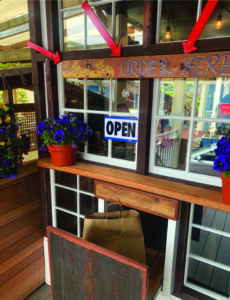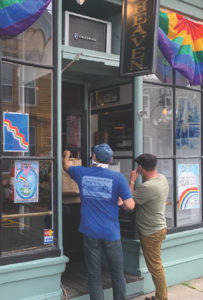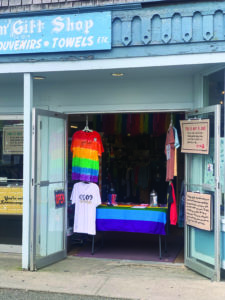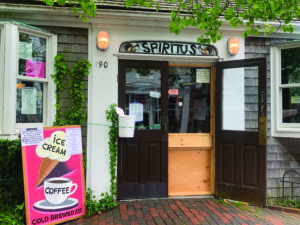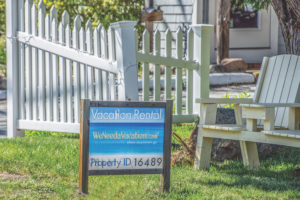WELLFLEET — Short- and long-term rentals might look very different next summer, and it has nothing to do with Covid-19.
The town’s health and conservation dept. has drafted regulations that would require all properties to be certified by the board of health before they can be rented out.
Currently, Wellfleet is the only town on the Outer Cape that does not require short-term rental certification at the town level.
The department’s proposal, which would not take effect until next summer’s season at the earliest, would require rental properties to have a Title 5 septic system and a board of health on-site inspection to determine the dwelling’s maximum legal occupancy. Each certification would be valid for three years and cost $300 per inspection.
The board held a public hearing on June 10 to discuss the draft regulation, which was met with mixed reactions.
Resident Jeff Vecchio said that he and his wife “would like to express our extreme displeasure and opposition to the proposed restrictions on short-term rentals in Wellfleet. Has there not been enough economic damage to the state and local municipalities already? Why would anyone insist on further economic pain and suffering that so many small business owners have already endured?”
Besides checking on cleanliness and up-to-date fire alarms, a mandatory inspection would allow the board of health to ensure that excessive house capacity doesn’t overload septic systems.
Overworked or overused septic systems are more likely to need repair or replacement, which is why the Wellfleet Board of Health wants to regulate how many people are using one septic system at a time, according to health agent Hillary Greenberg-Lemos.
The draft calls for rental property owners to submit a Title 5 septic inspection report within one year of obtaining a rental certificate. Using the septic report, and the on-site measurement of square footage, the board would decide the maximum safe occupancy of the house.
A septic inspection costs about $400 to $600, on top of the $300 board of health certification fee.
According to Wellfleet resident John Wolf, the board’s concern with septic systems is “imaginary,” and nothing more than an excuse to conform to other short-term regulations in surrounding towns. Fellow resident Erica Wagner agreed.
“I concur with my colleagues who are opposed to this — if the water is a real concern, why isn’t this considered for all residents?” she said.
Wellfleet’s proposed registration process is similar to Eastham’s, which requires an inspection by the health department every three years. Eastham charges only $75 for an inspection, though, compared to Wellfleet’s proposed $300.
Truro requires a one-off on-site certification for short-term rentals only, which costs $200.
In Provincetown, rental owners can self-certify by submitting an application with house square footage and septic system details. An on-site inspection is not required. Each self-certification application is valid for three years and comes with a $300 fee.
With its combined cost, three-year renewals, and requirement for on-site inspections, Wellfleet’s proposed rental registration process would be the strictest of the four Outer Cape towns. It would be the only one to require a Title 5 septic system for rental properties.
On top of the primary purpose of regulating septic systems, Greenberg-Lemos said, the new registration requirement would give the town a better understanding of how many houses are being rented out. It would also give the board of health more ability to enforce occupancy rules, thanks to the proposed draft requiring contact information for registered properties.
“We get complaints all the time about rentals — by the time we would write you a letter about a complaint, it’s water under the bridge,” Greenberg-Lemos said.
She said the board of health would discuss the feedback from the public hearing and adjust the draft accordingly.
